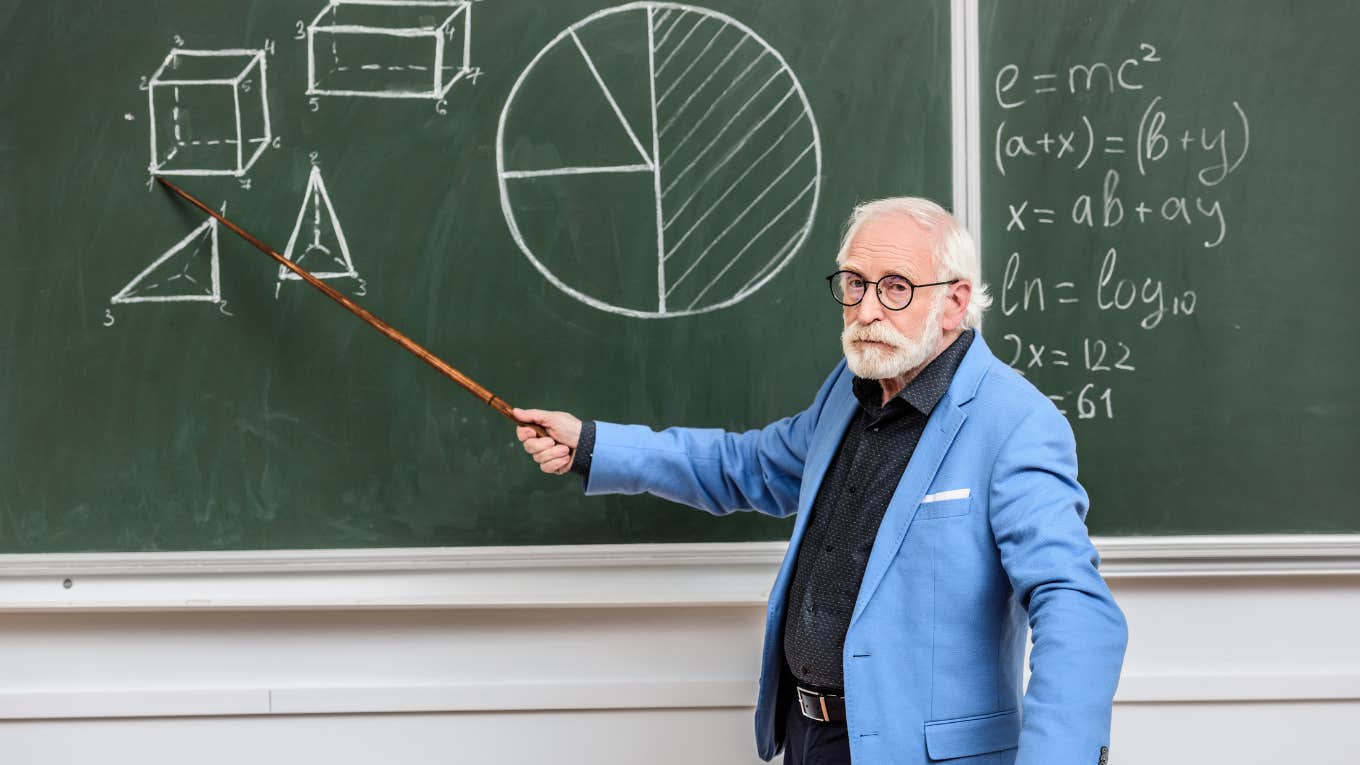Engineer Agrees That Our Obsession With STEM Studies Has Created A Society Of Anti-Intellectuals
Critical thinking skills are not prioritized among STEM professionals.
 LightField Studios | Shutterstock
LightField Studios | Shutterstock When it comes to what type of subjects students should learn, some are often prioritized more than others.
Take, for instance, Science, Technology, Engineering, and Mathematics, also known as STEM majors. These are heavily sought-after degrees because the rapidly growing tech industry seems to have an endless supply of jobs. While there is nothing wrong with STEM, it is often favored over Arts degrees, which are seen as luxuries to people in STEM fields.
The anti-intellectual movement is fueled by the prioritization of STEM.
Aerialist and Dance Therapist Alyssa Bigbee took to her social media account to talk about how the anti-intellectual movement has been fueled by the prioritization of Science, Technology, Engineering, and Mathematics (STEM) subjects. She said, “When you start saying that certain subjects such as history, literature, English, language arts, reading, and art studies are not valuable, but instead you put funding into STEM programs, then what you get is people who can read data but not apply the data.”
 Yaroslav Shuraev | Pexels
Yaroslav Shuraev | Pexels
According to Bigbee, this has resulted in a lack of basic "comprehension skills." Young people have turned away from history, ignoring its patterns, and have fallen into the same trap that their ancestors fell into. One commenter shared a personal perspective on the subject. “As a biotech stem major, I could not write papers until my humanities class humbled me on my writing structure.”
When the humanities aren't taught, basic critical thinking skills fall by the wayside. Having critical thinking skills and being able to decipher what is real from what is fake takes time and skill to achieve. Most in STEM do not bother to learn this. In fact, many will take a study at face value without doing research on the opposing side to see it from another perspective. Even some of the best engineers agree that this is a problem.
An engineer agreed that prioritizing STEM is one of the reasons for the rise of anti-intellectualism.
A biomedical engineer named Savannah agreed with Bigbee. She stated in her own video that "people in STEM have no social skills and that they only prioritize STEM.”
She recalled a time when she went to her professor in grad school to ask for corrections on her midterm paper. Instead of offering her feedback, the professor told her to drop the class as she wouldn’t be able to understand what he was trying to explain to her. Dumbfounded that this would come from a professor, she stressed that his thinking was common among peers in STEM.
She described the mindset as a "complex that is fostered in upholding ideas of anti-intellectualism." She added that "anti-intellectualism does not favor emotional skills but instead favors quantification or outputs."
STEM professions have often been classified as competitive and toxic places to work.
 Photoroyalty | Shutterstock
Photoroyalty | Shutterstock
Many STEM professions have a reputation for toxicity, which has turned young people away from them entirely, especially women. Corey Binns from Stanford Business explained that women are four times more likely to be pushed out of the STEM workforce than men. Men in these fields tend to treat their female colleagues poorly due to arrogance and jealousy.
Despite being highly sought-after fields of study, STEM majors are struggling just like the rest of us.
When young students choose a major, they often gravitate towards STEM majors because of the higher pay that those jobs offer, but this isn’t always the case. Many STEM majors are struggling to make ends meet, just like the rest of us. Even NASA Engineers have to get second jobs to put food on the table.
STEM majors, particularly those in the technology sectors, had the worst layoffs in 2024. Major job cuts at Meta are linked to AI advancements taking over a large number of these STEM roles.
Like with all things, however, interests wax and wane, and that includes intellectual pursuits. One thing that is truly universal, however, is that higher education is becoming harder and harder to access for nearly everyone, and regardless of your preferred field of study, everyone who wants to pursue a higher degree should have the opportunity to do so.
Sylvia Ojeda is an author with a decade of experience writing novels and screenplays. She covers self-help, relationships, culture, and human interest topics.

